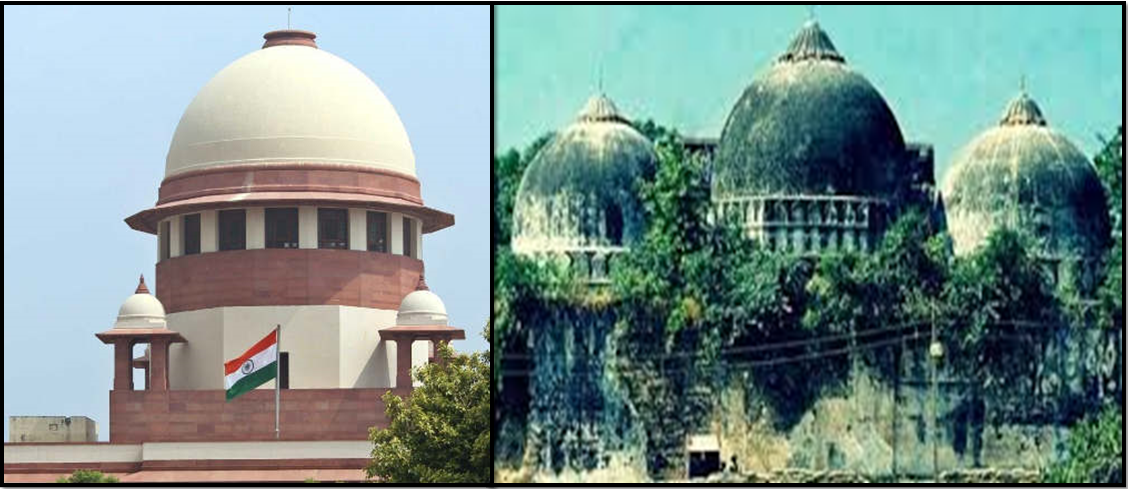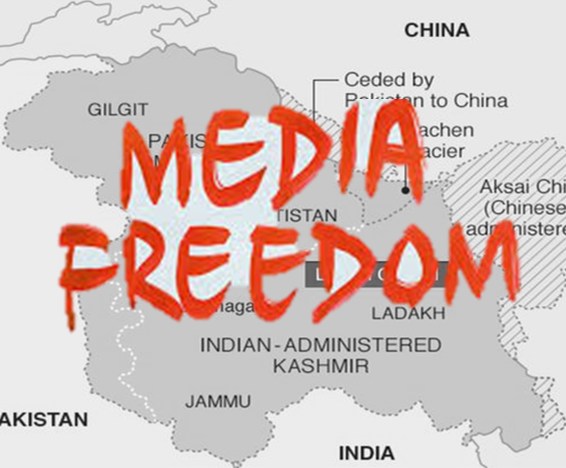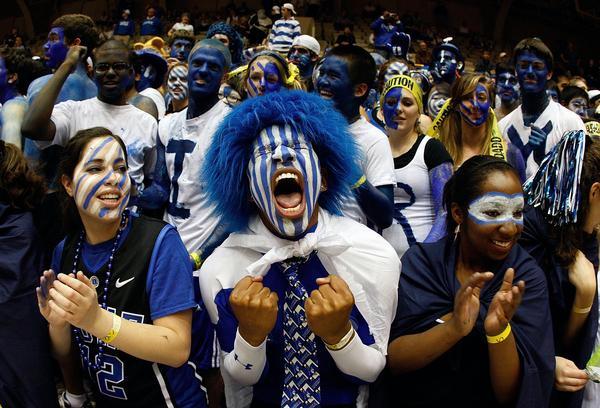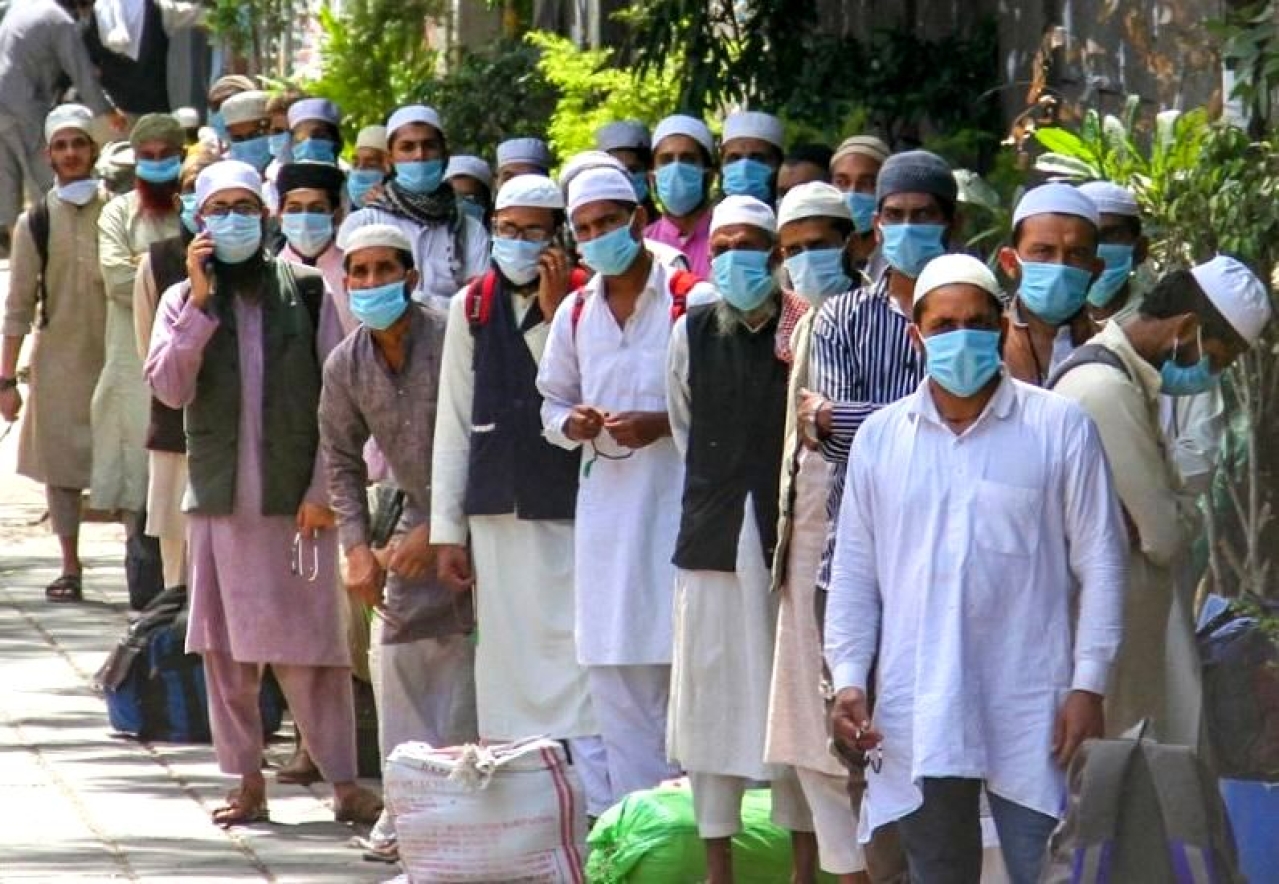
The decades long Ram Mandir-Babri Masjid dispute reached a conclusion yesterday when the Supreme Court of India gave its final verdict. The SC recognised Hindu diety Ram as a legitimate legal personality and gave the title to the entire 2.77-acre disputed property in Ayodhya. The court also ordered that the Sunni Waqf Board be given 5 acres of land in Ayodhya for the construction of a mosque while acknowledging that the demolition in 1992 violated the rule of the law.
The five-judge Constitution bench of CJI Ranjan Gogoi, Justice SA Bobde, DY Chandrachud, Ashok Bhushan and SA Nazeer pronounced the verdict in a special hearing called on Saturday, November 9, amidst tight security and a jam-packed courtroom.
The disputed site will now be managed in Lord Ram’s name by a temple trust that has to be set up by the central government within three months, under the provisions of the Acquisition of Certain Area at Ayodhya Act 1993. The trust will have the responsibility for managing the site, construction, maintenance and management of the Ram temple.
The SC rejected the claim of the Nirmohi Akhara as the shebait- sole manager of the temple but said the Akhara will be included in the trust/board that will be created for the management of the temple.
In a verdict that is being seen as disappointment for Muslims, awarding to Hindus the control of the site is been seen as a victory for ‘Hindus’ and more importantly the BJP.
Reactions among the Muslim community in Ayodhya were mixed as many media reports suggests.
Some welcomed the decision, others rejected it, and there was a feeling of resignation – that Muslims had no choice but to accept the court’s decision.
All India Muslim Personal Law Board said that it was not satisfied as it promised to evaluate legal options, including filing a review petition.
Prime Minister Narendra Modi, however, said the verdict should not be seen as a victory or loss for anybody.
“The calm and peace maintained by [1.3 billion] Indians in the run-up to today’s verdict manifests India’s inherent commitment to peaceful coexistence,” Modi said. “May this very spirit of unity and togetherness power the development trajectory of our nation. May every Indian be empowered.”
Opposition parties welcomed the court’s decision and called for peace and harmony in the country.
However, there was some backlash from opposition politician Asaduddin Owaisi, the president of All India Majlis-e-Ittehadul Muslimeen.
“If the Babri Masjid wasn’t demolished that day, what would the judgement have been today?” he said. “There has been discrimination against Muslims and no one can deny it. We are fighting for our legal rights.”
He dismissed the promise of an alternative plot of land for Muslims, saying he feared that other mosques in the country could see Hindu nationalists making similar claims.
While every one gave their reactions on the verdict, the SC’s decision was perceived and presented very differently in the media itself. While some hailed the Central government’s prowess in bringing ‘justice’ to Hindus of the country, some others saw the verdict as discriminatory to Muslims.
In international arena also media houses had different takes on the dispute and verdict.
The Huffington Post reported, “It looks like the Supreme Court gave importance to belief over other concerns. The court, even while observing that faith is limited to individual believer and that it cannot determine a land dispute, eventually gave the disputed land for the construction of a Hindu temple.”

The Wall Street Journal explained how this judgment cannot be seen in isolation and especially after Kashmir lost its special status two months ago. “For decades, various political parties have tried to use the emotions surrounding the case for political advantage, none more effectively than the BJP. Since winning a landslide victory in national elections in May, Mr. Modi’s government has stripped autonomy from India’s only Muslim-majority state and pushed to deny citizenship to some Muslim immigrants who have long resided in India,” the WSJ piece said.

The New York Times hinting at it as a victory for Hindu majority party BJP wrote “Court Backs Hindus on Ayodhya, Handing Modi Victory in His Bid to Remake India”. The article describe the Ayodhya verdict as a major victory for Prime Minister Narendra Modi.
“India’s Supreme Court ruled in favor of Hindus on Saturday in a decades-old dispute over a holy site contested by Muslims, handing the prime minister and his followers a major victory in their quest to remake the country as Hindu and shift it further from its secular foundation,” the article mentioned.

The Washington Post said, “The verdict awarded the land at the heart of the clash to a Hindu litigant over Muslim objections and represents a major victory for Prime Minister Narendra Modi.”
Further adding, “The building of a temple to the Hindu god Ram in the town of Ayodhya is a long-cherished goal of Hindu nationalists and a key objective of India’s ruling Bharatiya Janata Party.”
The Washington Post, in its report, called India “fundamentally a Hindu nation” and “not the secular republic promoted by the country’s founders”.
“Modi won reelection in a landslide in May and has moved swiftly to implement his agenda. To Modi and his party, India is fundamentally a Hindu nation, not the secular republic promoted by the country’s founders,” The Washington Post said.
Meanwhile, the BBC reported that its correspondents in court say they heard chants of “Jai Shree Ram” (Hail Lord Ram) outside as the judgement was pronounced.
The BBC further said “Saturday’s unanimous judgement by the five most senior judges of the court will hopefully lead to some reconciliation that the country badly needs.”
CNN, in its report, wrote “Hindus allowed to build on disputed holy site, India’s Supreme Court rules”. The joint report by Helen Regan, Swati Gupta and Manveena Suri explained the judgment and gave a brief history to the Ram Janmabhoomi-Babri Masjid land dispute case. CNN said the Ayodhya verdict on Saturdary ended “one of the country’s most politically charged land disputes”.

Meanwhile, Pakistan-based Dawn in its report said that Ayodhya verdict is “likely to affect the already fraught relationship between India’s Muslim and Hindu communities”.
“The court’s unanimous decision is likely to have a significant impact on fraught relations between India’s Hindus and Muslims, who constitute 14 per cent of its 1.3 billion people,” the Dawn reported.
Another Pakistani media outlet Geo TV also reported that the “Indian Supreme Court on Saturday ruled that the disputed Babri Mosque land should be given to the Hindus, while ordering the Muslims be allotted an alternate land as a replacement for the destroyed Babri Mosque”.
The Express Tribune reported, “India’s top court cleared the way on Saturday for a Hindu temple to be constructed at a hotly disputed holy site, in a huge victory for Hindu nationalists under Prime Minister Narendra Modi.
Interestingly, Bangladeshi newspapers were comparatively more cautious and the Daily Star even called the Supreme Court judgment ‘balanced’. However, the article titled, “Indian SC finally puts Ayodhya case to rest”, also pointed out the Kashmir angle. “The ruling comes months after his government stripped the Muslim-majority Jammu and Kashmir region of its special status as a state, delivering on an election promise to its largely Hindu support base,” a piece, attributed to ‘agencies’, said.
China Daily published a piece reported by Bloomberg about India’s ‘bitterly disputed Ayodhya site’. It said: “The verdict will test secular India’s ability to deal with the sensitive case at a time when Hindu hardliners are feeling increasingly empowered. The promise to build a grand temple at the Ayodhya site was a key part of Prime Minister Narendra Modi’s Hindu nationalist agenda that risks fueling social divisions in the country, which has a history of religious riots.”













